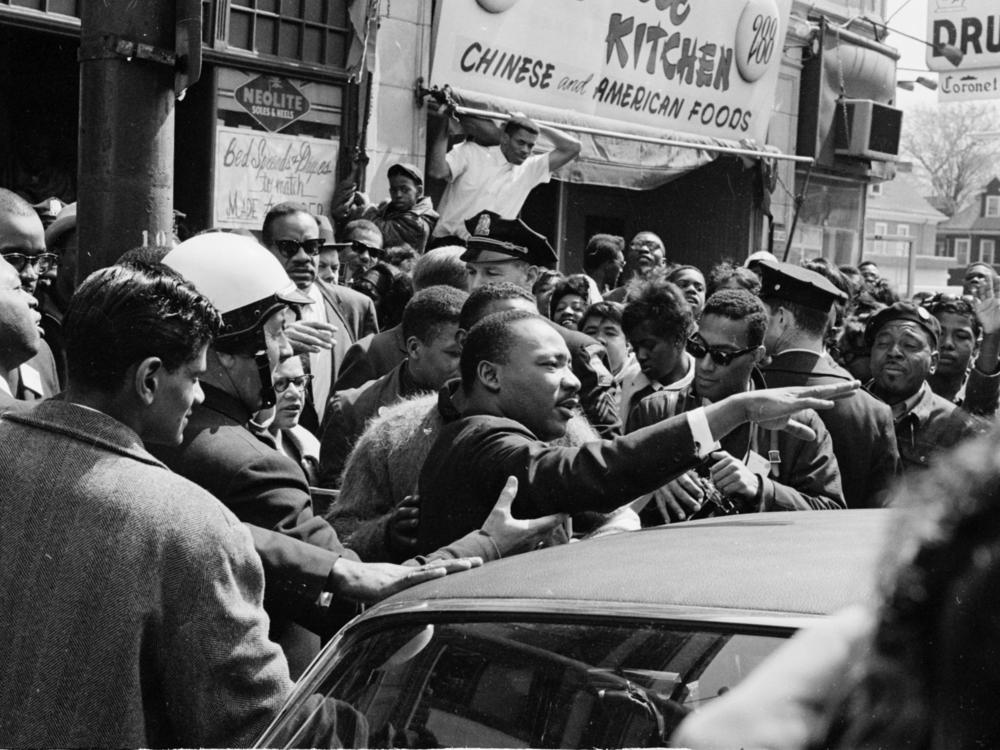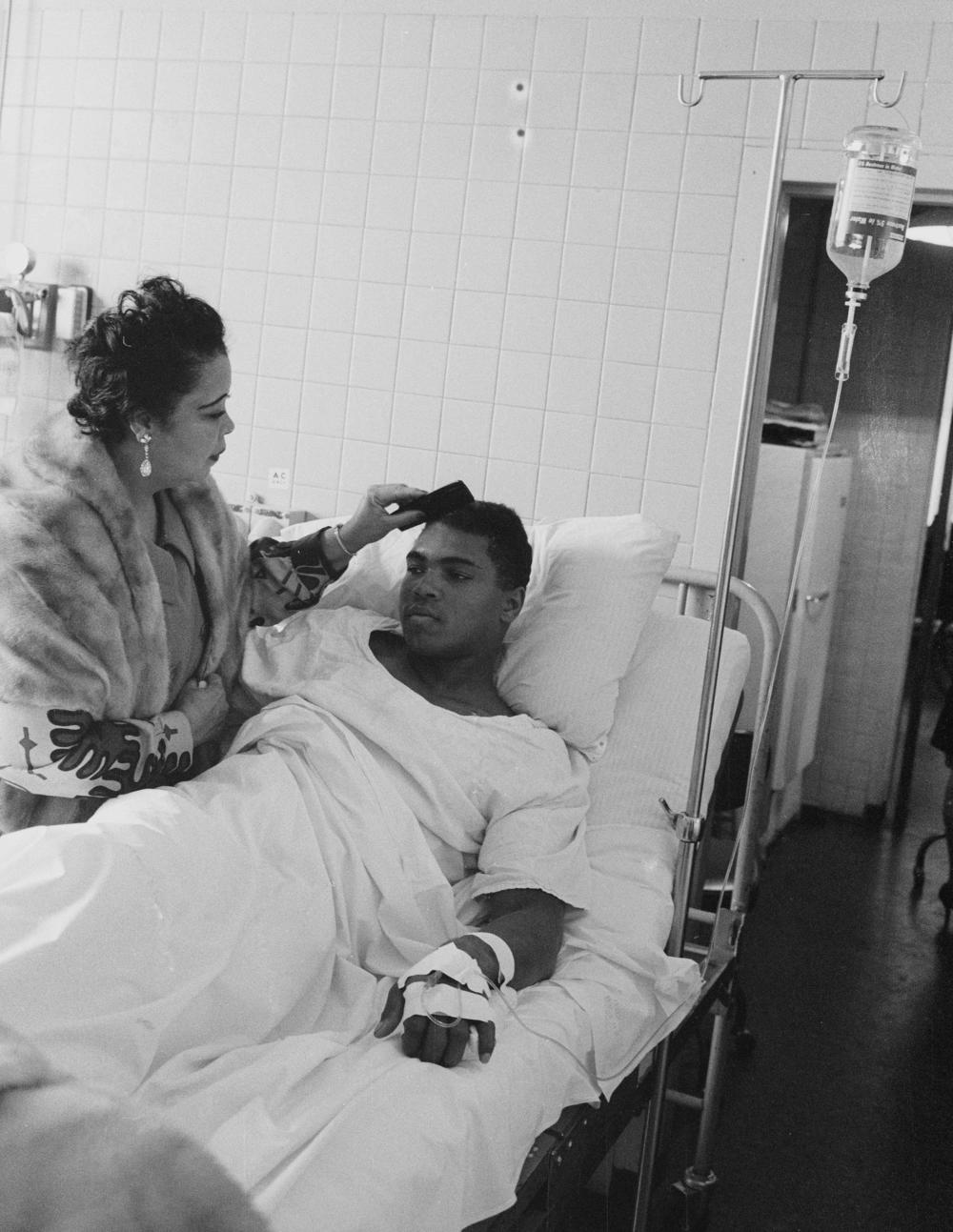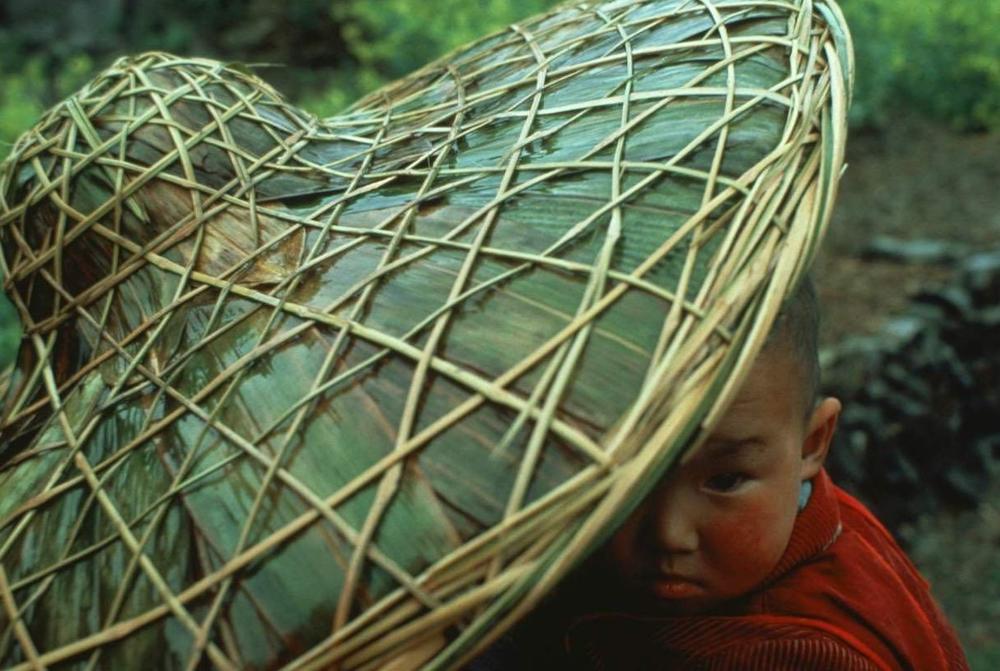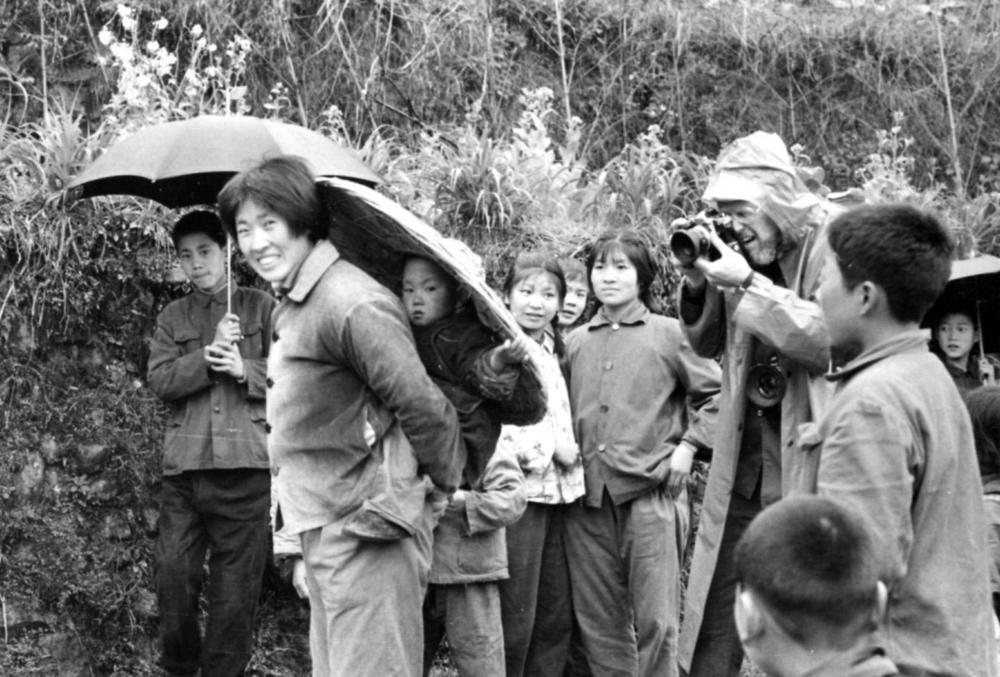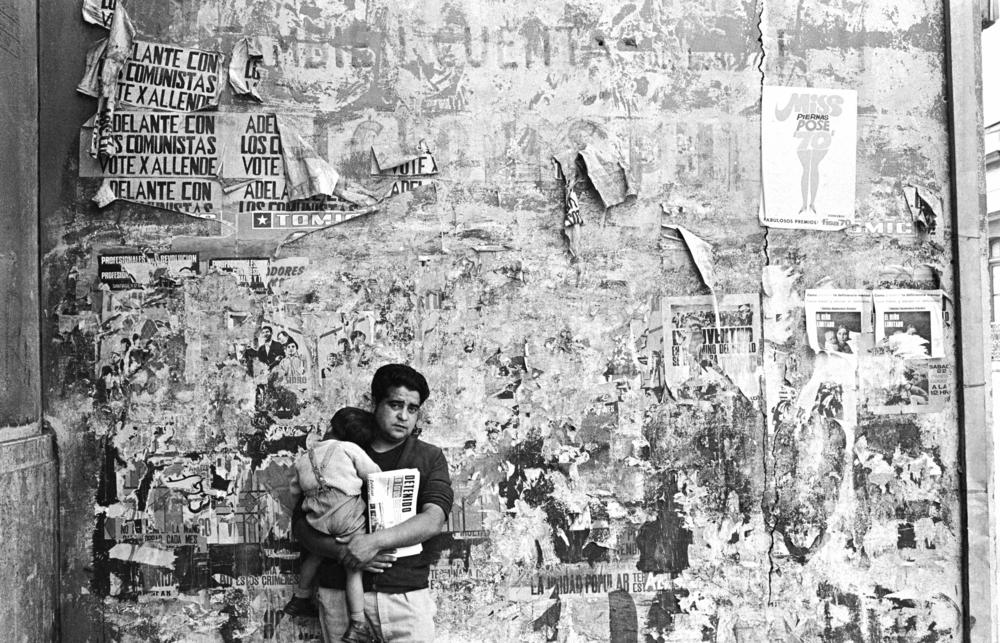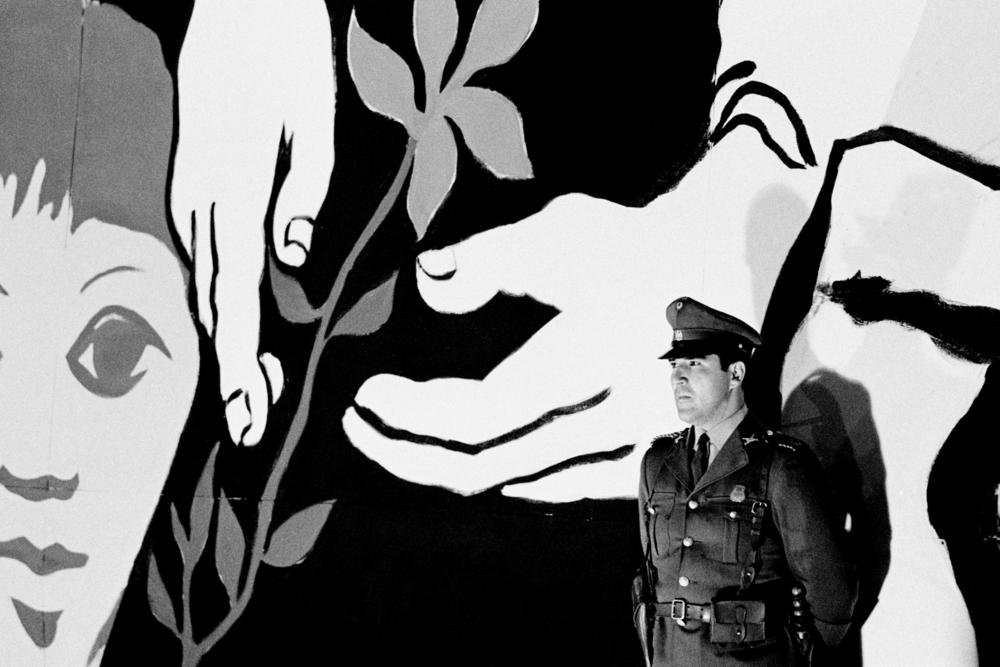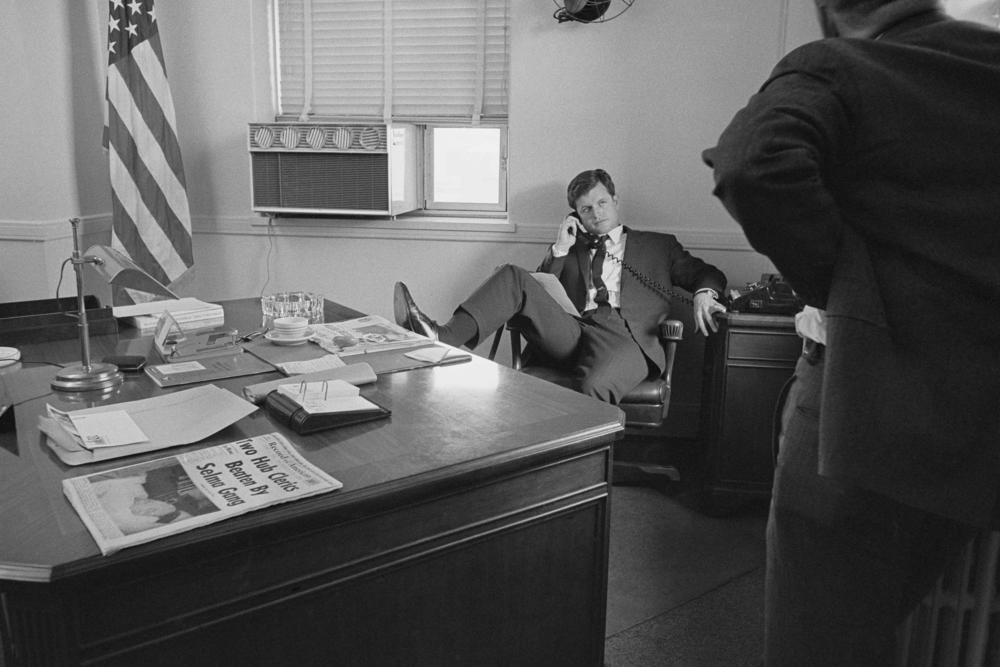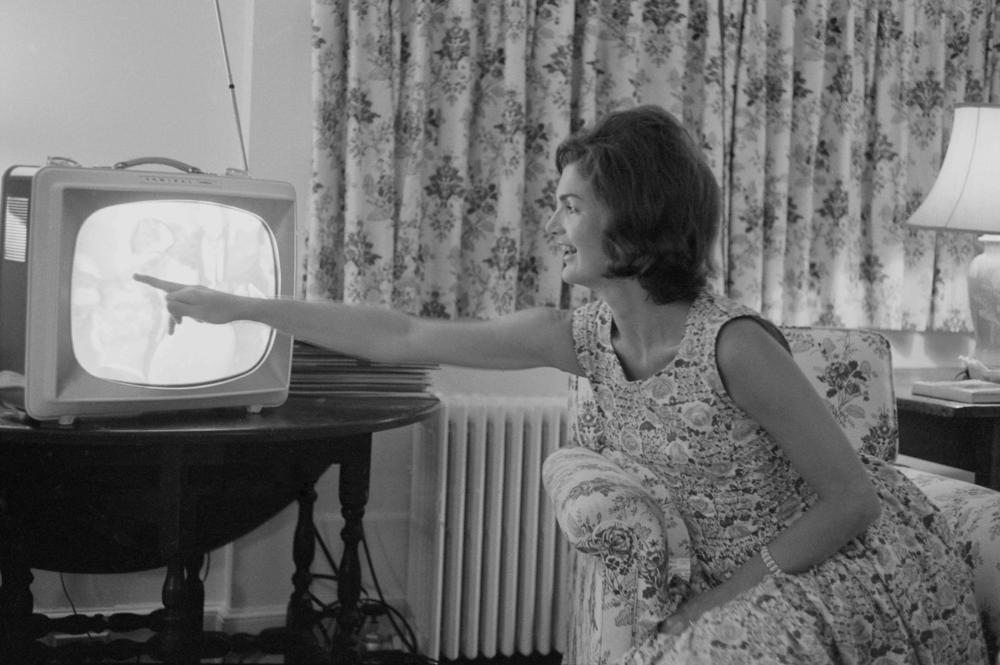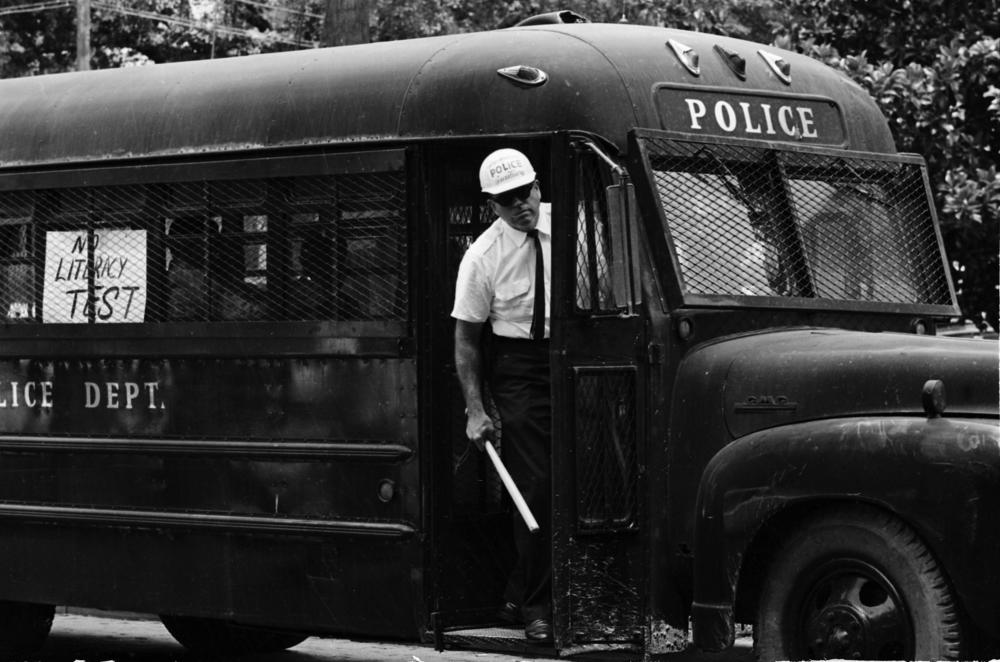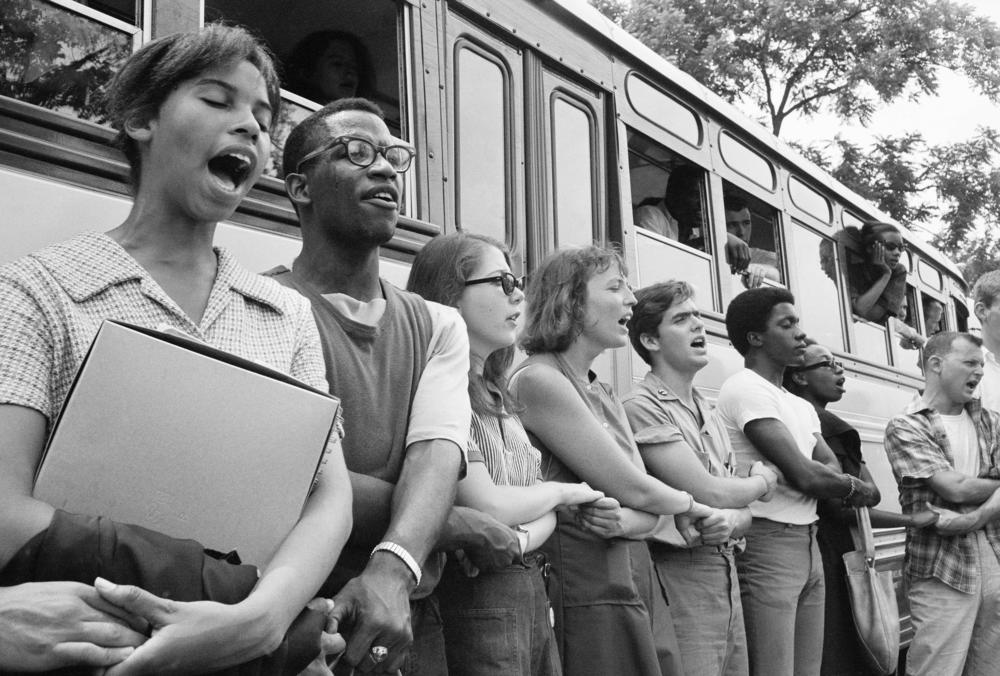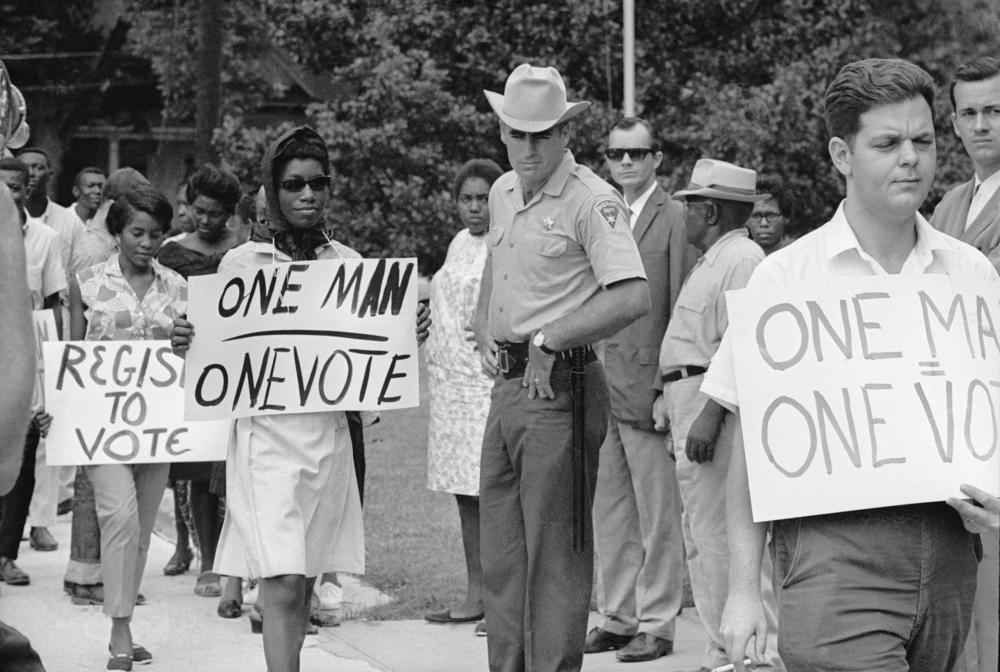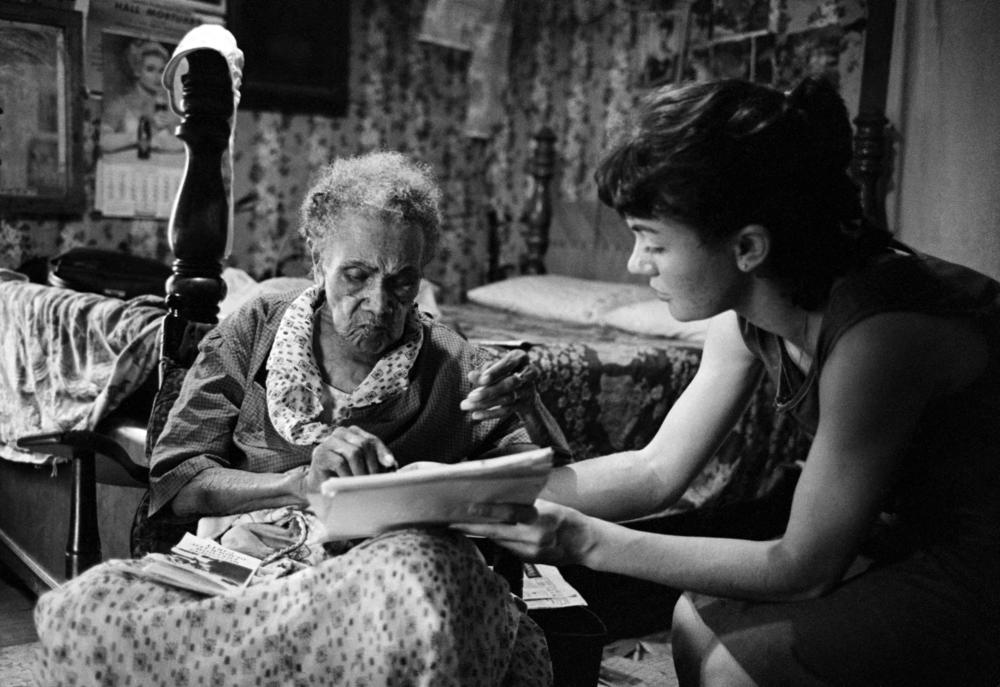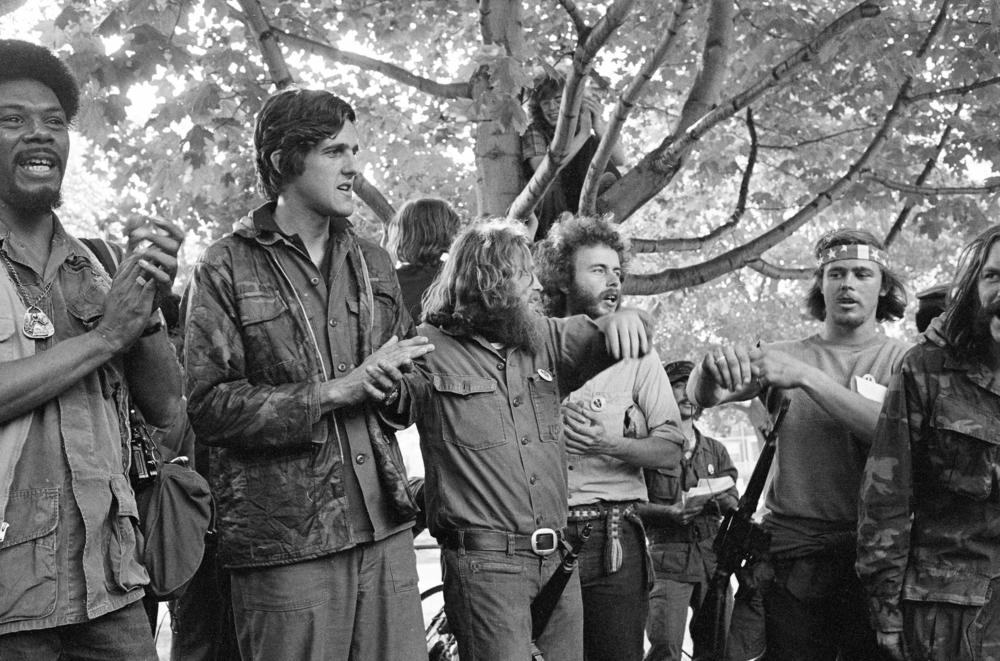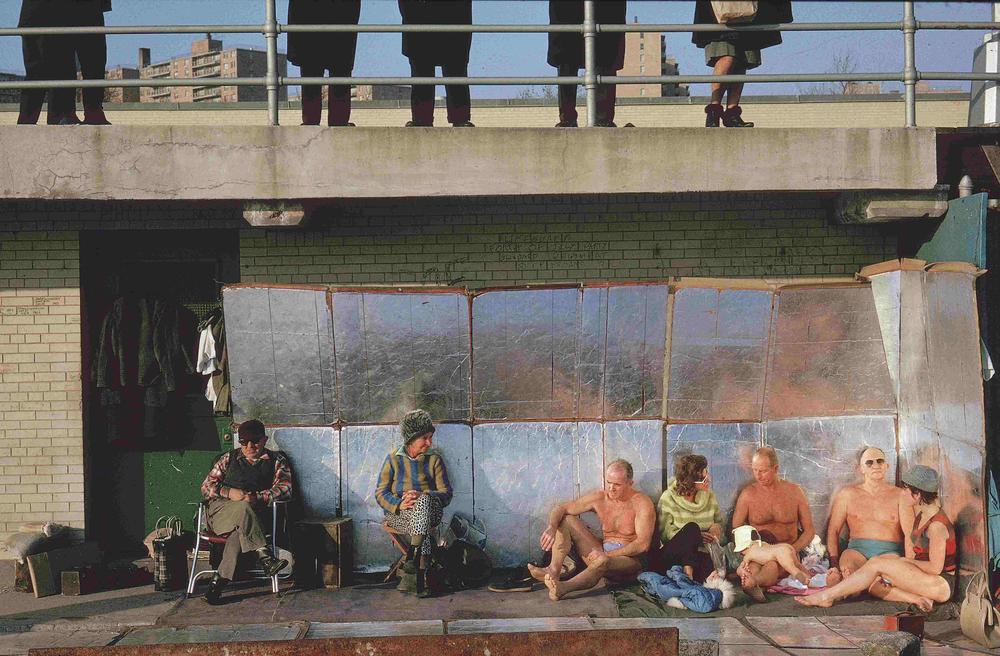Section Branding
Header Content
To honor her dad's legacy, she's sharing his historic photos of MLK, Jackie O and more
Primary Content
"He's been dead 20 years, and we are still conversing." So writes Judy Polumbaum in All Available Light, a new book showcasing her father's robust photography career.
Ted Polumbaum started his journalism career as a news writer in Boston in the early 1950s, but at the height of Sen. Joseph McCarthy's hunt for communists under the guise of the House Un-American Activities Committee (HUAC), Ted was called in to testify. As a student at Yale, he'd been a member of a progressive student group that the HUAC had later declared subversive.
At his hearing, Ted took the Fifth Amendment, challenging the Senate's right to call his personal life into question. As a result he was fired from his job, and blacklisted from most news organizations.
And so, he took back up a hobby from his childhood — photography. His portfolio caught the eye of LIFE, and he'd go on to do 400 assignments for the magazine, and regularly worked for many other publications as well.
Judy spent 20 years after Ted's death combing through his archives and interviewing his friends and family members.
"One of my regrets is that I never interrogated my father before he died," she says. The result of all her work is All Available Light, what Judy calls a "collective memoir." It gives the reader a closeup of midcentury American history and the contemporary world through the eyes — and camera lens — of one man.
Ted, who remained a freelancer his entire career, willingly photographed any assignment LIFE gave him — whether it was the hula hoop craze, people packing into photo booths, an evening with Jackie Kennedy while her husband received the Democratic nomination in 1960, or civil rights activists protesting across the South.
"Many of his assignments were political protests," Judy says. "Today protest photography is a beat. Back then, you know, a lot of the major media didn't even take protests seriously. And my dad, if he heard of a protest, he would run to it to cover it. He thought these things should be documented for posterity.
Ted's interest in progressive issues continued even after his politics nearly ended his career. He and his wife, Nyna Brael Polumbaum, were active in Boston, organizing study groups about America's involvement in Vietnam, and events in support of civil rights.
Today, in an era where "objectivity" is a heated debate among media circles, such active political involvement may be frowned upon. But Judy makes a critical distinction: "He never claimed not to have a perspective or a point of view," she says. "But he didn't deliberately go about trying to propagandize. He showed what he thought was important."
Two of his subjects were George Wallace, governor of Alabama, and Louise Day Hicks, a U.S. Representative from Boston — both of whom were staunchly against desegregation. Both were "anathema to his politics," Judy says. "But he didn't try to make people look bad, even if he vehemently disagreed with them. He showed them as they were."
Ted's politics made him popular among perhaps an unlikely audience — his children's friends. "My brother and I used to joke that our friends just purported to be our friends — they really wanted to come over and talk with the old man," Judy says laughing.
Her friends had more conventional parents, Judy says, so "they wanted people to talk to, and my father loved to talk with young people and talk politics. He was a great conversationalist. He was a philosopher and a poet and a terrible punster."
In researching and writing All Available Light, Judy has been able to keep those conversations with her father alive — and share them with a new generation.
Vanessa Castillo photo edited this story.
Copyright 2022 NPR. To see more, visit https://www.npr.org.
Bottom Content

